Indigenous People’s Day
October 2, 2024
Join us on Monday, October 14, in recognizing Indigenous People’s Day instead of Columbus Day. The Colorado Blueprint to End Hunger firmly believes in acknowledging the heritage, land, and rights that belong to Indigenous tribes and peoples across Colorado, including but not limited to the Cheyenne, Ute, and Arapahoe nations.
Our Impact Director, Justice Onwordi, shares more about why we stand in solidarity with Indigenous peoples on this day and throughout the year.
For centuries, the U.S. celebrated Christopher Columbus as the courageous explorer who discovered the Americas. He was conveyed as a symbol of achievement, innovation, and persistence which later became synonymous with the “American Ideals.” But it must not be forgotten that all came at a cost of mass genocide, corruption, and deceit.
The story of the Italian navigator has been taught to generations of schoolchildren and is enveloped in mythology. The truth of his atrocities was protected for the namesake of an inequitable democracy. Through storytelling and lived experiences, Indigenous peoples have not forgotten the injustices they have faced. Columbus and his glorified holiday represent something much more sinister: the violent colonization of their lands and the brutal treatment of their people.
The strive to rename Columbus Day with Indigenous Peoples' Day has been decades in the making. As a result of advocacy by Native activists, many states and regions now observe the second Monday in October as Indigenous Peoples' Day instead of Columbus Day.
While Colorado is not one of the states that formally recognize this day for Indigenous peoples, the Blueprint firmly believes in acknowledging the heritage, land, and rights that belong to indigenous tribes and communities who stretch far and wide across the state. These are including but not limited to: Cheyenne, Ute, and Arapahoe nations.
On this day, it’s an opportunity to highlight issues important to Indigenous communities like food access, water and land rights, housing, climate change, and healthcare. It’s also a time to celebrate changemakers who are reclaiming power and paving the way for more Indigenous people to lead and create progress within a fractured food system.
Some of these leaders include:
Melanie Yazzie, founder of the Red Nation, a Native American advocacy group that focuses on decolonization and anti-capitalism as means to liberate Indigenous peoples
Sharice Davids and Deb Haalan, the first Native peoples elected to Congress in 2018
Dennis Banks, an American Indigenous civil rights leader who passed in 2017
It’s important to remind ourselves that this is only the beginning; we have an opportunity to deepen our knowledge, relationships, and actions to address these historic and contemporary atrocities perpetrated against Indigenous peoples and nations, and other marginalized communities. (Learn a little more about what the Blueprint is doing.)
We encourage you to join us in standing in solidarity with Indigenous communities, peoples, and nations today and every day.

